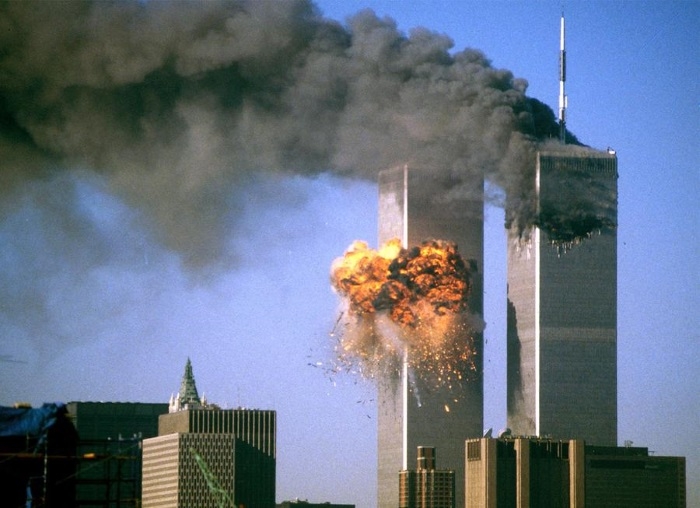18 years to 11/9: What we learned so far?
Total Views |
New Delhi, Sept. 11: Today marked as ‘Black Day’ for many American families, because, on 11/9/2001, they not only lost their loved ones to the cruel and terrifying attacks done by Al-Qaeda but also, witnessed the gruesome face of terrorism.

Today, the world marked the 18th anniversary of the terror attacks in America. The picture of two passenger planes flying into the twin towers of the World Trade Center is imprinted on public memory eternally.
These attacks are responsible for drawing the gaze of policymakers to something called as- Terrorism, the most important and complex issue of the world, which underlined the disturbed and unstable world order.
The attack on the heartline of America is strong slap for all those who are thinking that nobody can touch America. This one incident changed the entire dynamic of world politics. The wounded and Angry United States launched a war on terror and in this quest, invaded Afghanistan to diminish Al-Qaeda terrorists.
When we think about the aftermath of 11/9, we observed that terrorist violence continues to grow and spread.
The major terror attacks in the world after 11/ 9 includes-
India, Dec 13, 2001 (suicide attack on Indian Parliament), Spain, March 11, 2004 (Madrid train bombing), India, Sept 26, 2008 (Series of coordinated attacks in Mumbai), India, Jan 2, 2016 (Pathankot attack), India, Sept 16, 2016 (Uri attack), Sri Lanka, April 21, 2019 (Sri Lanka Easter Bombing attacks).
As per the official data, 2014-15-16 witnessed major terrorist attacks in the entire world. This increased scope and complexity of terrorism is a global concern today. The terrorism is rooting deep in entire world, and the problems like uneven development, migration, issues of refugees and conflict-driven problems are widening the scope of terrorism.
The Middle East and Sahel regions are the epicenters of extremist violence. Islamist militants there command more fighters, are active in more countries and control more territory than they did before the 9/11 attacks. Violent extremism’s spread, even in distant countries, creates incubators for future attacks, putting us all at risk.
the Islamic State’s resurgence this year in parts of Iraq and Syria is a stark reminder that the underlying conditions that fomented these groups remain in place.
We are under no illusions about the scope of the challenge. We understand both the importance of the problem as well as the difficulty of finding a solution. Preventing extremist violence is a difficult mission, and we must recognize that success will take time. Our efforts will not succeed everywhere. There will be failures along the way.
Success against the spread of violent extremism requires more than the use of force.
Clearly, the lesson from 9/11 attacks that the world cannot afford to forget is that the national and global security agencies cannot lower their guard at any point of time in their fight against terrorism. These agencies need to be foolproof every single time while terrorists need just one loophole to succeed and kill humanity.